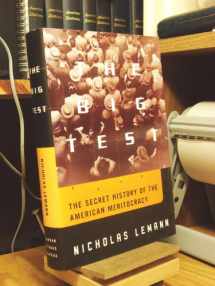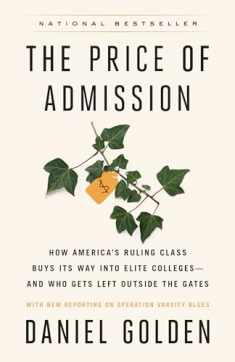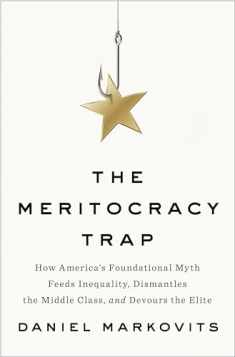
The Big Test: The Secret History of the American Meritocracy
Book details
Summary
Description
A major work of social history that asks profound moral and political questions about what is right for American society.
This brilliant book shows us for the first time the ideas, the people, and the politics behind a fifty-year-old utopian social experiment that changed modern America.
The experiment-launched by James Bryant Conant, president of Harvard University, and Henry Chauncey, head of the brand-new Educational Testing Service (ETS)-was to use the then-young science of intelligence testing to assess and sort American students in order to create a new democratic elite that would lead postwar America to progress, strength, and prosperity. No writer before Nicholas Lemann has gained access to the archives of the all-powerful ETS, and none has understood the significance of this extraordinary drama. But now, in a remarkable synthesis of vibrant storytelling, vivid portraiture, and thematic analysis, he reveals this secret history.
Predictably, the utopian experiment did not turn out as planned. It created a new elite, but it generated conflict and tension, and American society's best-educated, most privileged people are now leaders with no followers.
Lemann shows that this American meritocracy is neither natural nor inevitable, and it does not apportion opportunity equally or fairly. He concludes with his own keen assessment of what the future may hold.


We would LOVE it if you could help us and other readers by reviewing the book
Book review





